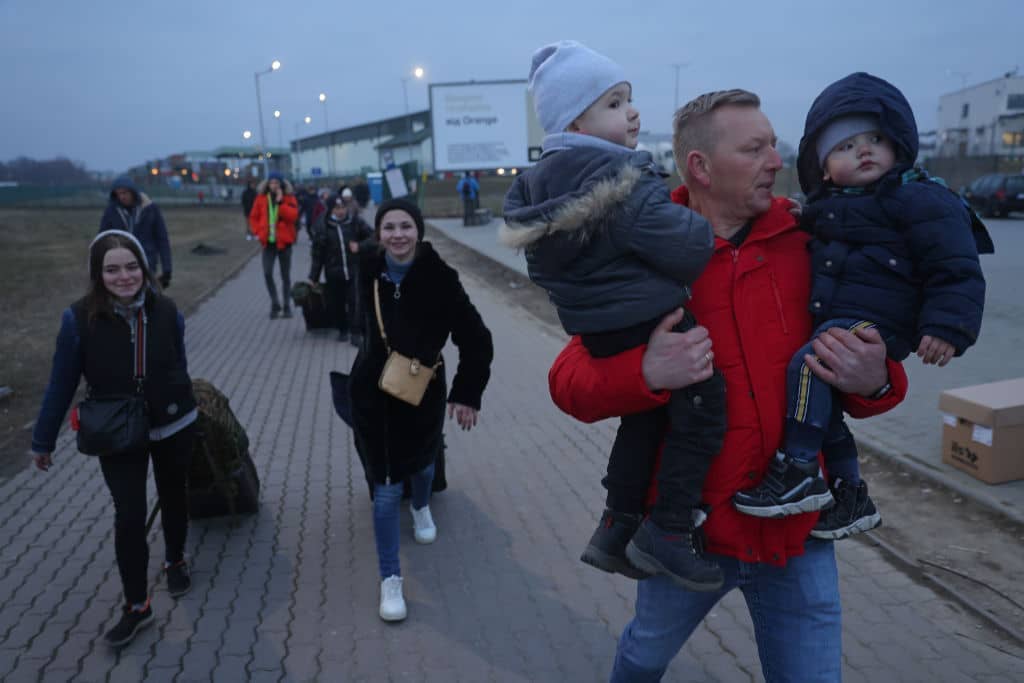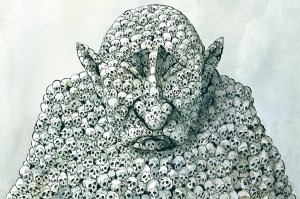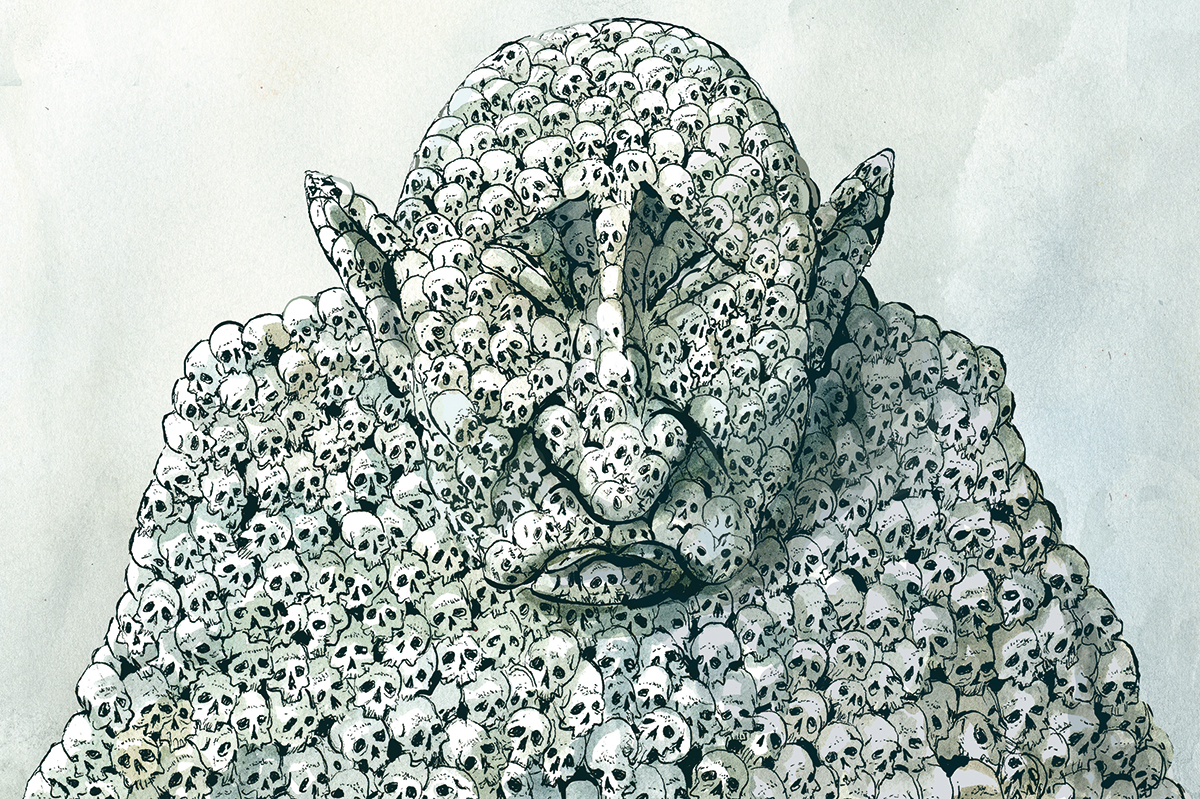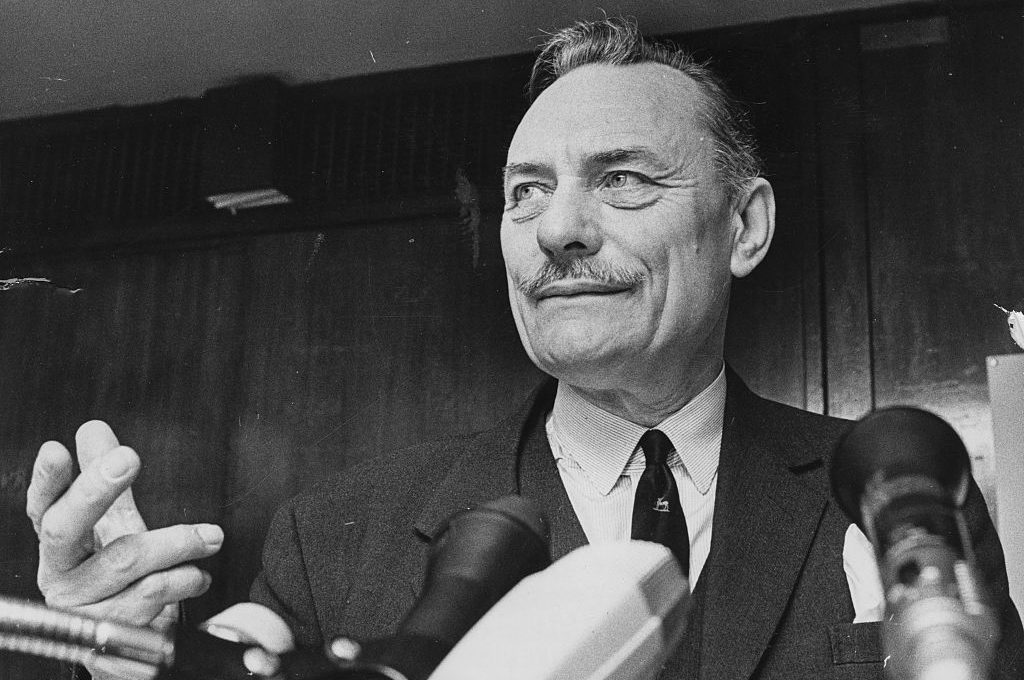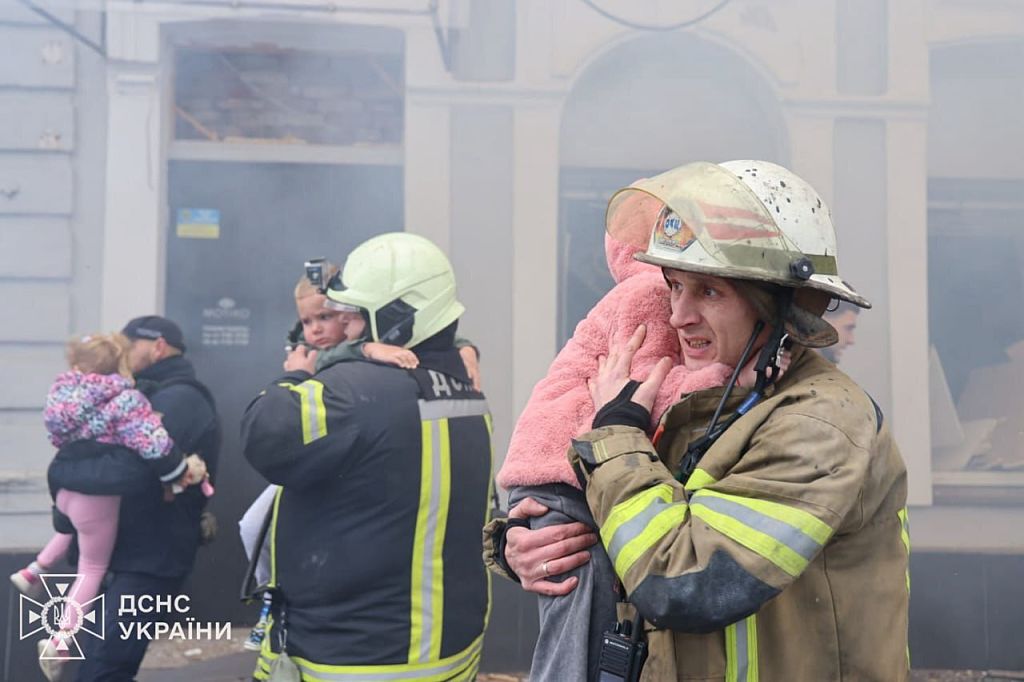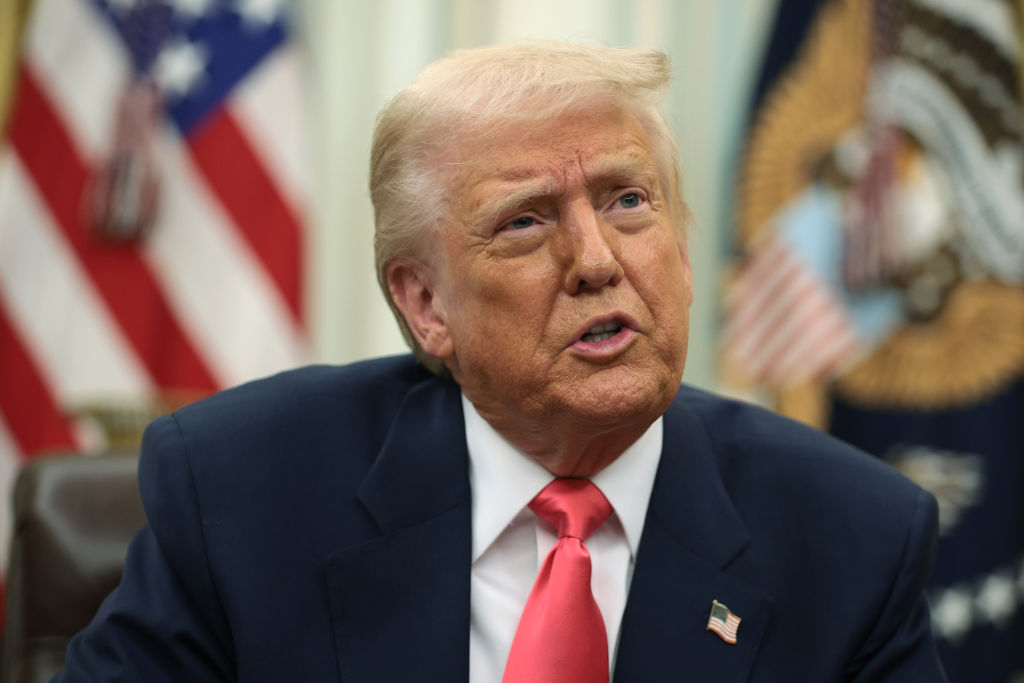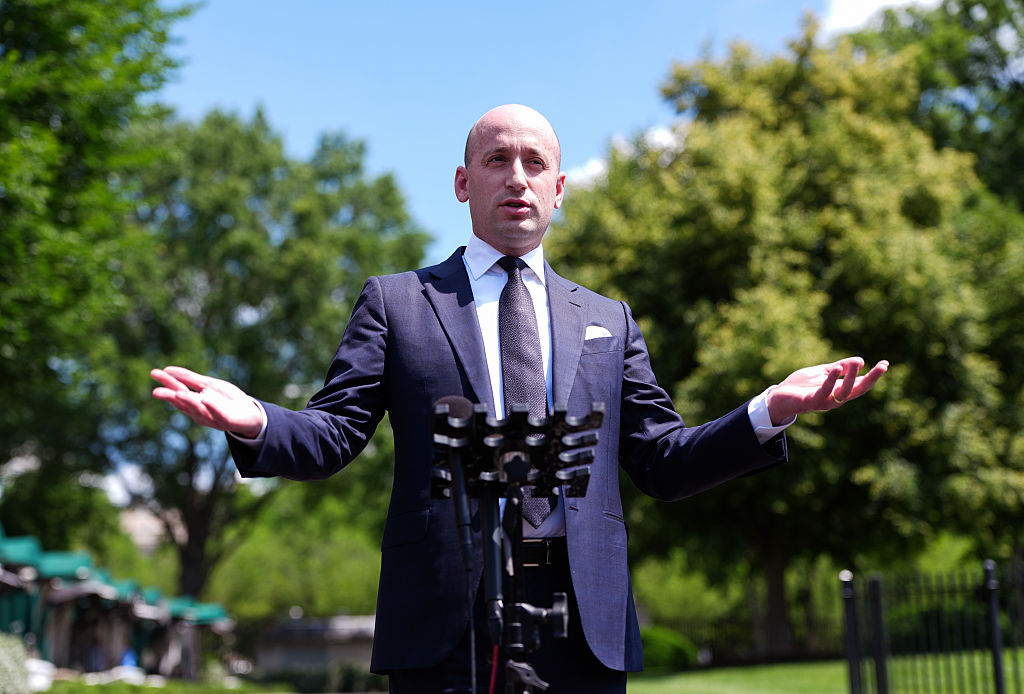There are already a hell of a lot of foreign correspondents and human-rights workers at the Ukrainian-Polish border — an immigration problem all by themselves, perhaps.
Quite a few of these reporters seem to be desperately seeking “racism” stories, since that is increasingly the only news which the English-speaking media seems able to process. The heart-warming scenes of Ukrainian women and children being given shelter isn’t the story. Because those refugees are white.
At the border at Medyka on Thursday the Poles put out barbecued sausages, fruit juice and water for the incoming women and children. There were boxes of toys to cheer the traumatized little ones. At the train station in Przemyśl, the scene was busy but orderly.
This was indeed a radical contrast to the grim scene going into Ukraine through Medyka on Monday, where we saw thousands of black and brown men trying to get into Poland. They had exhausted fear in their eyes; the blank looks of the truly desperate. “I am scared,” a young man shouted at a guard who was ordering him to calm down. The atmosphere was very tense. The guards carried baseball bats and other improvised batons. We saw no violence, however.
On Thursday, at the same border point, the non-white migrants seemed to have vanished.
Where did they go? And how exactly had they got there? These are difficult questions and it’s important for journalists to try to find out good answers.
We do know that Alexander Lukashenko, the Belarusian president and ally of Vladimir Putin, has been funneling migrants towards the Baltic states and Poland as a deliberate ploy to add more pressure on the EU; its economy and institutions. The European Commission has already accused Lukashenko of an “inhuman, gangster-style approach” for orchestrating large flows of migrants towards Poland, Lithuania and Latvia. Lukashenko once threatened to make Europe “eat” migrants.
Could it be that the Putin-Lukashenko axis spies in Ukraine a chance to further sow division in the west by channeling millions more migrants into Europe’s arms? It’s an idea being circulated in the Polish press and on Twitter.
The immediate outcries against Polish racism in the world press would suggest that, if that is the plan, it is working.
Lorenzo Tondo, who writes about migration for the Guardian, has filed some very angry reports about migrants suffering abuse and mistreatment at the hands of racist poles and the racist Polish state. In the Guardian, he has produced a piece under the headline: “Embraced or pushed back: on the Polish border, sadly, not all refugees are welcome.”
He writes: “Forgive me, but I cannot come to terms with the stark difference between the outpouring of kindness towards Ukrainian refugees and the uncertain fate of thousands of asylum seekers from the Middle East, trapped between the violence of the Polish authorities and false promises of the Belarusians.”
Forgive me, but Lorenzo should probably come to terms with that “stark difference” if he is going to insist on reporting dramatic news from the front line of a war that could completely transform Eastern Europe.
Tondo seems less interested in the many examples of Poles trying to help anyone they can, people like the twenty-two-year-old student Adam Krasinski who, according to Politico, ‘took a family of refugees, including four Moroccan students and an Afghan to Warsaw.”
There are countless other reports of migrants being treated poorly or attacked by those racist eastern Europeans. The BBC news live feed yesterday had an account from BBC Africa’s Peter Okwoche about being “intimidated” by far-right “ultras” in Przemyśl. “They weren’t shouting, but we could hear the menace in their voices,” says Okwoche.
No doubt there is racism in Poland and some nasty ultras, too. But the media obsession with that part of the story at this time is myopic — even a bit xenophobic towards Poles and Ukrainians, given the enormity of what is unfolding.
It is facile to focus so narrowly on white-against-black racism when migration and ethnicity in eastern Europe is such a complex and profound subject.
The truth is that Poland is facing possibly the largest wave of refugees since the second world war and it is responding with immense kindness. Poland’s Commissioner Janusz Wojciechowski estimates the total number of refugees from the Russia-Ukraine conflict heading to Poland could reach two million. By comparison, the 2015 migrant crisis, which caused so much political turmoil in Europe, saw 1.3 million migrants arrive from North Africa and the Middle East.
It should be pointed out Poland has already accepted up to two million economic migrants from Ukraine since the beginning of the conflict in eastern Ukraine in 2014. Poland’s Catholic bishops have ordered that their many parishes should offer shelters and offer Sunday collection plates for the refugees. The Catholic Church cannot be accused of only being interested in saving white souls; it runs schools, hospitals and charities all over the developing world.
Poland’s magnanimity towards people fleeing Ukraine is particularly impressive when you consider the bitter history between the two countries, including in 1943 the massacre by the Ukrainian Insurgent Army of up to 100,000 Poles in Volhynia and eastern Galicia.
In other words, Poland is behaving like a humanitarian superpower — yet large parts of the Western media would rather just cry racism. If Putin really is intending to drive the world’s poorest migrants into Ukraine and make the west ever madder over identity-politics, the plan seems already to be working.
This article was originally published on The Spectator’s UK website.



